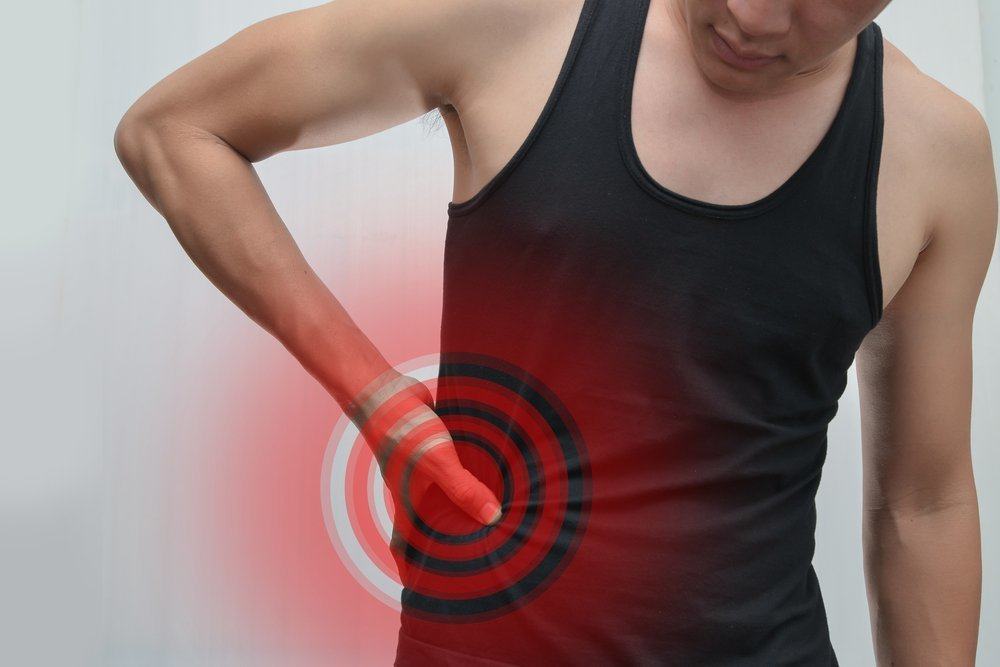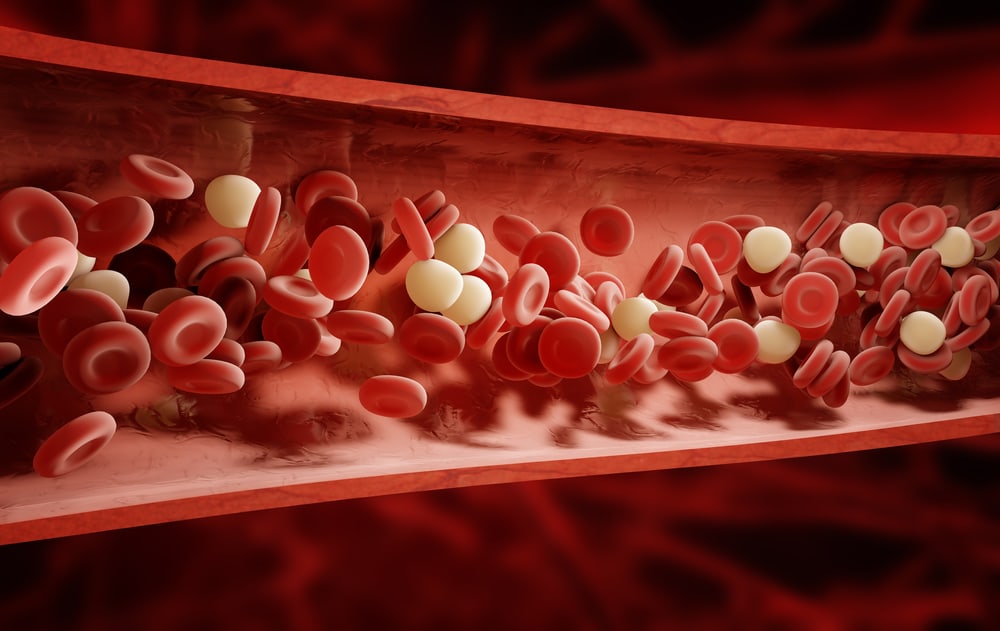Contents:
- Actinomycosis is a rare bacterial infection
- What are the risk factors for actinomycosis?
- Actinomycosis has many types, depending on the location of the infection
- Orocervicofacial Actinomycosis
- Thoracic Actinomycosis
- Abdominal Actinomycosis
- Actinomycosis pelvis
- What are the signs and symptoms of actinomycosis?
- Possible complications if actinomycosis is not treated
- How is actinomycosis treated?
- How to prevent this infection?
In most cases, the rigid jaw is caused by a jaw joint disorder or temporomandibular disorder (TMD). But in very rare cases, this can be caused by a condition called actinomycosis. Actinomycosis is a rare bacterial infection that canharm the bones or brainif not handled properly. Check out the full information below
Actinomycosis is a rare bacterial infection
Actinomycosis is an infection caused by actinomyces bacterial species, such as A. bovis, A. israelii, A. viscosus, A. odontolyticus. Actinomycosis is more commonly found in the tropics. But even though it is a bacterial infection, actinomycosis is not contagious because the bacteria that cause it cannot live outside the human body.
Reported on the Healthline page, this type of bacteria actually lives in the human nose and throat, but is not harmful. New actinomyces bacteria can infect and cause symptoms when they successfully penetrate the protective layer of your body cavity.
After entering the body system by riding in the bloodstream, bacteria can cause abscesses (lumps filled with pus) in the tissue where they "stop". Often, abscess bumps appear on the jaw tissue which then causes the jaw to stiffen and become painful.
In addition to attacking the mouth and jaw area, actinomycosis infection can also attack other body parts, such as:
- Esophagus
- Digestive tract
- Urinary tract
- Female genitals
This infection is usually concentrated in just one part. However, this Actionomyces bacteria can also move from one body tissue to another by riding in the bloodstream.
It is estimated that 75-95% of cases of actinomycosis are not necessarily caused by the Actinomycoses bacteria itself. Usually this infection follows other bacteria that come in to attack the body's tissues.That is why actinomycosis is difficult to diagnose and requires long treatment.
What are the risk factors for actinomycosis?
Your chances are greater for experiencing actinomycosis if:
- The immune system is weak due to certain diseases or the effects of treatment
- Malnutrition
- Having trauma to the mouth or jaw
Actinomycosis has many types, depending on the location of the infection
There are 4 types of actinomycosis that can occur, namely:
Orocervicofacial Actinomycosis
Bacteria cause aorocervicofacial ctinomycosis lives in dental plaques and can affect parts of the mouth, jaw or neck. The causerelated to problems with tooth decay and poor oral hygiene.
Thoracic Actinomycosis
Thoracic actinomycosis infections occur in the respiratory tract and lungs. This can occur when bacteria from the mouth and throat are accidentally inhaled and enter the lungs.
Abdominal Actinomycosis
Abdominal actinomycosis infection occurs in the abdominal cavity, but can also affect other parts of the digestive system, from the esophagus to the anal area. In this condition you will experience continuous pain and fever.
Actinomycosis pelvis
This infection occurs in the area around the pelvis, and is very likely to spread to the vagina. Reported on the Medical News Today page, women who use spiral KB are at a higher risk of developing this type of infection if using it is past the expected grace period.
What are the signs and symptoms of actinomycosis?
The most common signs and symptoms of actinomycosis are muscle spasms that make the jaw stiff due to the growth of abscess bumps in the inner tissues, if it attacks the mouth area. Usually, the lump does not cause pain. The jaw feels locked and the mouth cannot open.
Other symptoms are:
- Fever
- Weight loss
- Swelling and inflammation in parts of the body that are infected
- Scarring arises
- Cough
- Chest pain
- The existence of a small hole in the part of the body that is infected, is called a fistula. The fistula can leak and expel pus
- The body aches
- Fatigue
- Feel unwell
Possible complications if actinomycosis is not treated
Actinomycosis that is not treated can make the bacteria more fertile to multiply in the body, thus infecting the bones. In more severe cases, the bacteria that causes actinomycosis can cause serious infections in the part of the brain and cause meningitis.
the more spread the bacteria in the body, the spread of bacteria is also able to infect the bones. Surgery is usually needed to get rid of an infection that has approached the bone.
How is actinomycosis treated?
Because the cause is a bacterial infection, actinomycosis is treated with prescription antibiotics such as high-dose penicillin. If you are allergic to penicillin, alternative antibiotics that doctors prescribe include tetracycline, clindamycin, erythromycin.
Therapy for actinomycosis treatment can be done for up to a year or more.
How to prevent this infection?
Changing your lifestyle to be healthier can help prevent actinomycosis infection. One of them is by routinely checking the health of the teeth and gums every 6 months.
If you use spiral KB, do not use it longer than the grace period the doctor recommends. Spiral KB can usually be used for around 5-10 years. If you want to extend the usage, first remove the old one and replace it with a new one.












